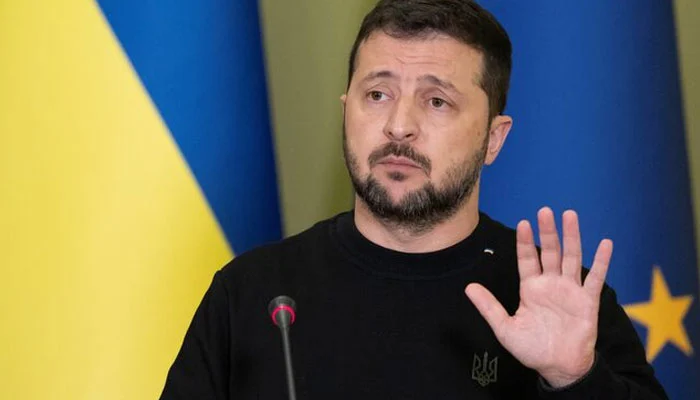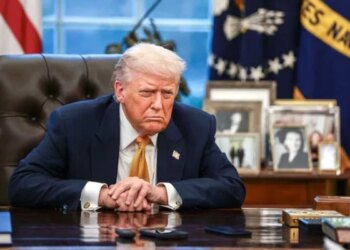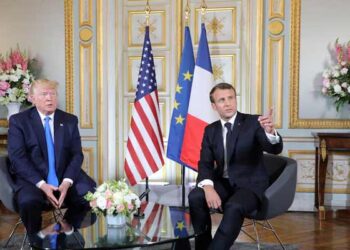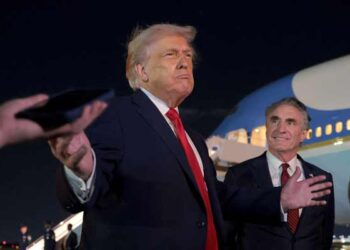Select Language:
Ukraine’s President Volodymyr Zelensky has issued a warning to European leaders, alerting them that Russia is gearing up to intensify the conflict. During a summit in Copenhagen involving nearly 50 nations, he highlighted recent drone flights over Denmark and other countries as evidence that Moscow aims to expand the war beyond Ukraine’s borders.
He called for Europe to take this threat seriously and expressed Ukraine’s willingness to share its battlefield expertise to support allies in defending themselves. The gathering took place amid heightened security following mysterious drone incursions in Denmark last month, along with notable aerial interventions by Russia in Estonia and Poland, fueling fears of the conflict spilling into other parts of Europe.
“Recent drone incidents across Europe clearly indicate that Russia still feels confident enough to escalate this war,” Zelensky said. “This isn’t solely about Ukraine; Russia has always sought to undermine the West and Europe.”
Russian President Vladimir Putin dismissed the accusations but noted that Russia is “closely monitoring the increasing militarization of Europe,” promising a timely and “significant” response. He accused Europe of fueling “hysteria” to justify rising military expenditures, maintaining that Russia does not pose a threat. “Everyone should just calm down,” Putin advised.
European leaders are eager to leverage Ukraine’s military experience to strengthen their defenses, discussing initiatives like a “drone wall” aimed at countering Moscow’s threats. Zelensky emphasized, “If Russia dares to send drones into Poland or violate the airspace of Northern European countries, it could happen anywhere. We’re prepared to share what we’ve learned.”
French President Emmanuel Macron suggested that Western nations should adopt a firmer stance against Russian drones to send a clear message to the Kremlin. “Violations of our territories carry serious risks — they can be destroyed without hesitation,” he said. Romanian Prime Minister Nicolae Ciucă, whose country has experienced Russian drones crossing from Ukraine, warned that his forces would shoot down any future intrusions into their airspace.
As the conflict enters its fourth year, Europe is actively working to maintain pressure on Moscow and secure financial aid for Kyiv. Macron emphasized the importance of dismantling Russia’s “shadow fleet” of aging oil tankers, which is a key method for Russia to bypass export restrictions and fund its war efforts. France recently targeted a tanker linked to Russia in this effort.
To ensure Ukraine continues to receive necessary funding, the European Union is exploring a plan to use frozen Russian assets for a new 140-billion-euro ($165 billion) loan. Advocates argue this is crucial for filling Kyiv’s budget gaps, asserting that Russia, rather than European taxpayers, should bear the cost. However, Belgium, which holds most of the frozen assets, has expressed concerns about the plan’s risks, fearing retaliation from Russia or potential discouragement of investors.
Belgian Prime Minister Bart De Wever warned, “We’re venturing into uncharted territory — this is very risky.” He stressed the need for clear commitments from all EU members that Belgium wouldn’t be left to shoulder the liabilities alone. EU President Ursula von der Leyen affirmed that discussions are ongoing and that the risks should not be solely borne by Belgium.






